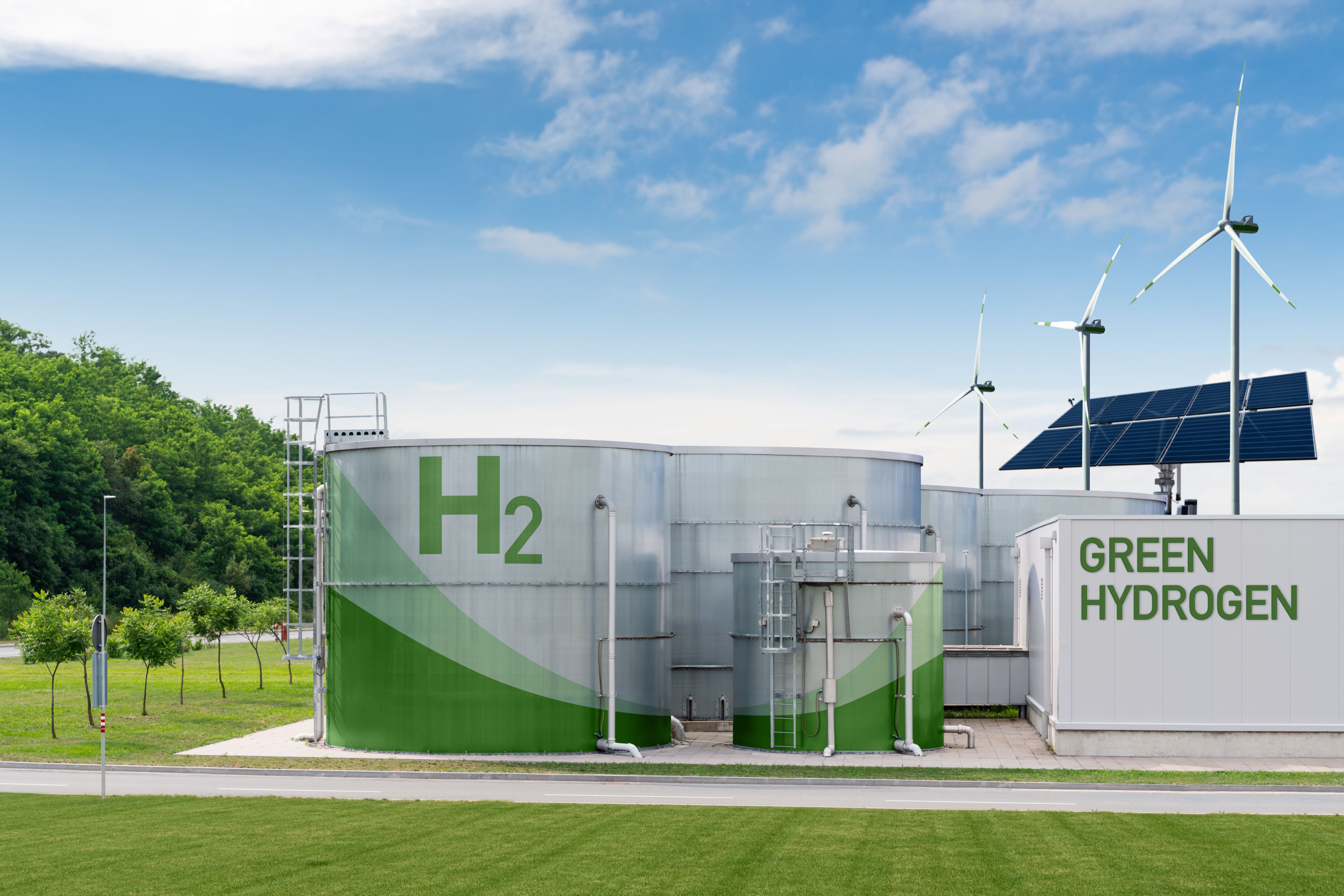
Article
In the renewable fuels sector, the path to sustainable growth is paved with volatility. From regulatory shifts to commodity market fluctuations, effective risk mitigation is not merely a defensive posture but a critical component of strategic leadership. For investors and analysts, identifying companies that demonstrate superior resilience is paramount. Neste Oyj, a global leader in renewable diesel and sustainable aviation fuel, exemplifies this resilience through a sophisticated, multi-layered strategy that warrants close examination.
At Averdas, we utilize a data-driven framework, including our proprietary Firm Resilience Factor, to evaluate corporate adaptability and productivity. This factor analyzes cash flow metrics to provide a precise, objective measure of a company's ability to withstand unforeseen events. Neste Oyj consistently scores high in our analysis, distinguishing itself as a resilience leader. This post will dissect the core strategies that underpin Neste's robust risk mitigation framework, highlighting its business continuity management, supply chain resilience, digital transformation, and organizational agility.

A Multi-Layered Risk Mitigation Framework
Neste has fortified its operational and strategic framework by integrating disciplined risk management across all business functions. The company’s strategy is engineered to balance ambitious growth with the realities of a dynamic market, ensuring continuity and stability. This approach is not accidental, but a deliberate and well-executed plan to maintain a competitive advantage.
Business Continuity and Proactive Risk Management
Neste's leadership has implemented a robust business continuity architecture centered on safety, environmental compliance, and comprehensive scenario planning. This model anticipates and prepares for a range of potential disruptions, from geopolitical tensions to the evolving energy transition. A formal risk management process governs the integration of renewable fuel and traditional refining operations. This ensures that operational reliability remains a top priority, especially during large-scale expansion projects like the recent upgrades to its Rotterdam and Singapore facilities. By embedding risk assessment into its core strategic planning, Neste minimizes operational downtime and protects its long-term growth trajectory. This structured approach to continuity ensures the company can absorb shocks without compromising its core business functions.
Supply Chain Resilience Through Diversification
A cornerstone of Neste's risk mitigation strategy is its deliberate pivot toward waste- and residue-based feedstocks. This strategic move insulates its supply chain from the price volatility and sustainability concerns associated with conventional agricultural inputs. By diversifying its feedstock sources, Neste reduces its dependence on any single input, thereby increasing its impact tolerance against logistical or regulatory disruptions.
The company cultivates long-term partnerships and invests in traceable sourcing networks, which enhance transparency and supply security. This diversified model allows for adaptive allocation between different feedstock classes, optimizing for both cost efficiency and continuity of production. For investors, this translates into a more stable and predictable operational model, even in a sector known for its supply chain complexities.

Building Future-Proof Capabilities
Neste’s resilience extends beyond traditional risk management into forward-looking investments in digital capabilities and organizational structure. These efforts ensure the company is not just prepared for today's risks but is also adaptable to future challenges.
Digital Transformation and Data Analytics
Neste is systematically embedding digital traceability and advanced data analytics throughout its entire value chain. State-of-the-art monitoring systems are crucial for incident reporting and effective recovery planning. Real-time process optimization, driven by digital tools, significantly reduces operational downtime and mitigates environmental risks. This digital transformation also enhances the customer interface for its renewable diesel and sustainable aviation fuel products. By leveraging digital platforms, Neste can sustain service continuity and maintain strong customer relationships, even during periods of market disruption. The use of advanced algorithms and data analysis provides a clear, objective measure of the company’s agility and stability, reinforcing its position as a leader in the sector.
Organizational Agility and Change Readiness
Under its current leadership, Neste has accelerated both cultural and structural adaptation. The company has streamlined its decision-making frameworks and rolled out enterprise-wide efficiency initiatives. This allows for the swift reprioritization of investments in response to shifts in market demand or new policy transitions. This adaptive posture is anchored in strong corporate governance and a clear commitment to sustainability leadership. By fostering a culture of agility, Neste ensures that its business continuity planning is not just a document but a dynamic, living process. This organizational readiness reinforces the company's ability to execute its strategies resiliently, adapting to change without losing momentum. This capability is a key indicator of long-term sustainability and a critical attribute for investors seeking resilient portfolios.
Why Neste's Resilience Matters to Investors
Neste Oyj’s comprehensive approach to risk mitigation makes it a standout performer in the renewable fuels sector. The company’s strategic foresight in business continuity, supply chain diversification, digital transformation, and organizational agility positions it to thrive amidst uncertainty. At Averdas, our data-driven factor models are designed to identify companies like Neste that exhibit superior resilience and offer more stable returns. The Averdas Firm Resilience Factor, alongside our Asset, Process, and Resource Factors, provides a multidimensional view of a company's performance. Our analysis consistently shows that companies with high resilience scores, like Neste, are better equipped to generate alpha and deliver long-term value.
Understanding the mechanics of a company's resilience is crucial for making informed investment decisions. To explore how our factor-based insights can enhance your investment strategy and help you identify other resilience leaders, we invite you to learn more about our methodologies.
